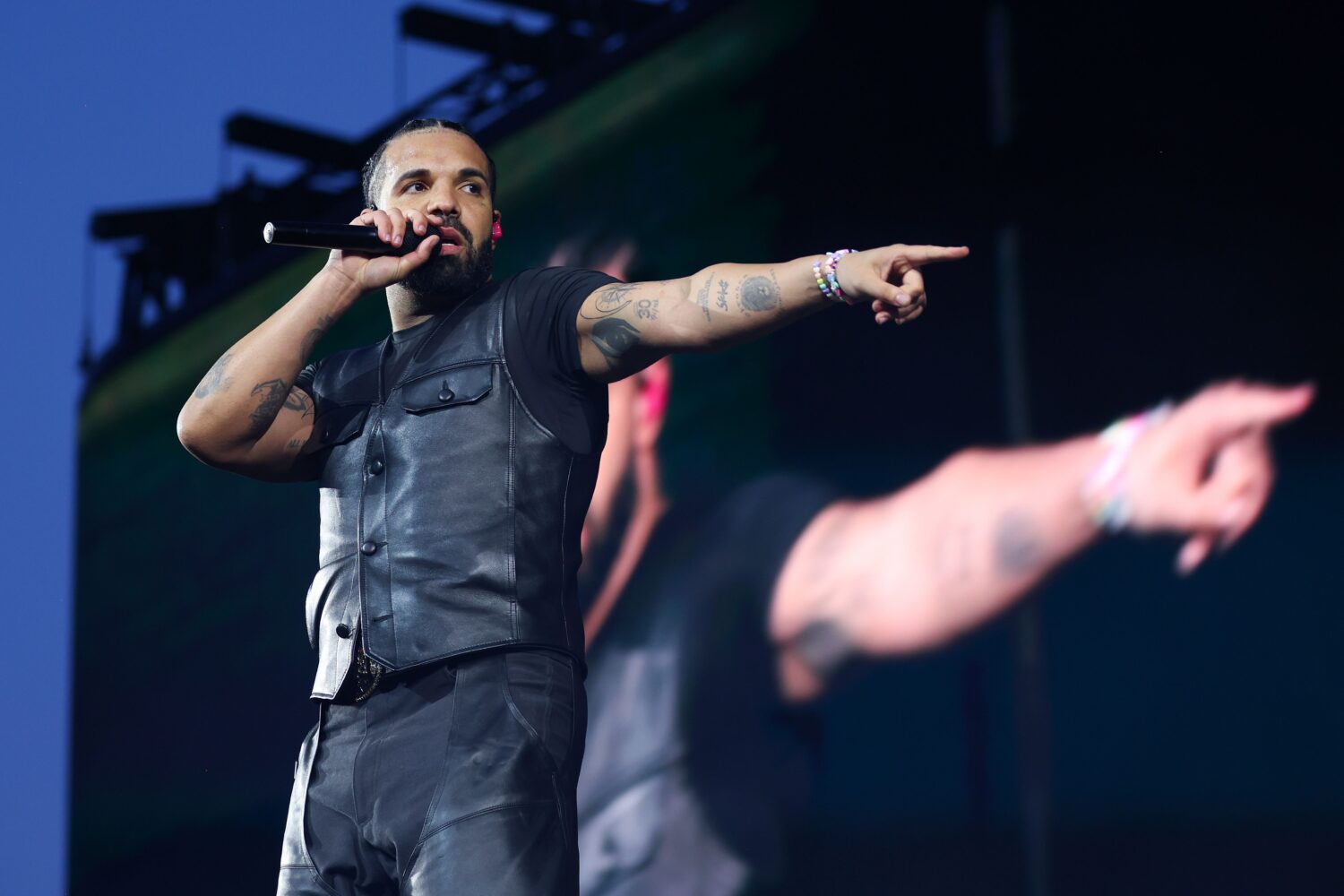In a dramatic turn in one of hip-hop’s most heated feuds, a federal judge has dismissed Drake’s high-profile defamation lawsuit against Universal Music Group (UMG) over Kendrick Lamar’s chart-topping diss track, “Not Like Us.” The decision, handed down on October 9, 2025, marks a pivotal moment in a saga that has captivated the music world and sparked fierce debate about the limits of artistic expression in rap battles.
The Feud That Shook Hip-Hop
The roots of this legal battle trace back to the spring of 2024, when Drake and Kendrick Lamar—two of the genre’s biggest stars—began trading increasingly personal and vitriolic diss tracks. The rivalry reached a fever pitch with Lamar’s “Not Like Us,” a song that not only dominated the charts but also won Record of the Year and Song of the Year at the Grammys. The track’s biting lyrics, which accused Drake of being a “colonizer” of rap culture and made explicit insinuations about his personal life, became the talk of the industry.
Lamar’s performance of the song at the Super Bowl halftime show, albeit with altered lyrics, only fueled the fire. The feud was widely described as “perhaps the most infamous rap battle in the genre’s history,” with both artists escalating their attacks in a series of tracks that blurred the line between entertainment and personal vendetta.
Drake’s Lawsuit: Art or Defamation?
Drake’s lawsuit, filed in January 2025, accused UMG of intentionally publishing and promoting “Not Like Us” despite knowing it contained “false and defamatory allegations” against him. The suit argued that the song’s lyrics—particularly those branding Drake as a pedophile—damaged his reputation and brand value. Drake also blamed the track for real-world consequences, including attempted break-ins and a shooting at his Toronto home, which was depicted in the song’s cover art with doctored images suggesting sex offender markers.
UMG, which represents both artists, denied any wrongdoing and defended the track as protected artistic expression. In a statement after the ruling, the label said, “From the outset, this suit was an affront to all artists and their creative expression and never should have seen the light of day. We’re pleased with the court’s dismissal and look forward to continuing our work successfully promoting Drake’s music and investing in his career”.
The Judge’s Ruling: Rap Battles Are Not Courtrooms
Judge Jeannette A. Vargas, in her written opinion, made it clear that the context of a heated rap battle matters. She ruled that the lyrics in “Not Like Us” were “opinion” and not statements of verifiable fact. “Although the accusation that Plaintiff is a pedophile is certainly a serious one, the broader context of a heated rap battle, with incendiary language and offensive accusations hurled by both participants, would not incline the reasonable listener to believe that ‘Not Like Us’ imparts verifiable facts about Plaintiff,” Vargas wrote.
The judge also dismissed Drake’s claims about the song’s cover art, noting that “no reasonable person would view the image and believe that in fact law enforcement had designated thirteen residents in Drake’s home as sex offenders.” She emphasized that the track was “replete with profanity, trash-talking, threats of violence, and figurative and hyperbolic language, all of which are indicia of opinion”.
What’s Next for Drake?
Drake’s legal team has already announced plans to appeal the ruling, signaling that the battle may not be over yet. Meanwhile, UMG and Kendrick Lamar appear to be moving forward, with “Not Like Us” cemented as a cultural touchstone and a Grammy-winning hit.
Despite the legal setback, Drake remains one of the most successful artists of his generation, holding multiple Billboard records and continuing to dominate streaming platforms. Recent reports also suggest that he is teasing a bold return to music, hinting at new projects on social media.
The Bigger Picture: Art, Reputation, and the Limits of Free Speech
This case has reignited debate about the boundaries of artistic expression, especially in a genre where hyperbole and personal attacks are part of the tradition. As Judge Vargas noted, listeners expect “vituperations” in rap battles—not fact-checked journalism. The ruling sets a precedent that could shape how future disputes between artists are handled, both in the courts and in the court of public opinion.
For now, the message from the bench is clear: in the world of rap, not every insult is actionable—and the beat goes on.
Sources
1. Judge tosses Drake defamation suit over Kendrick track
2. Drake (musician) - Wikipedia
3. Drake v. UMG: Fearless Whistleblower or Bitter Loser?
4. Drake Teases Bold Return With Cryptic Social Media Message
5. Judge tosses Drake's lawsuit over rap beef with Kendrick Lamar
6. Web-based Resources | Drake University
7. [PDF] Case 1:25-cv-00399-JAV Document 96 Filed 10/09/25 Page 1 of 38
8. Pharmacotherapy Specialty Certification
9. On… Dodging bullets, Drake, and Demon Hunters
